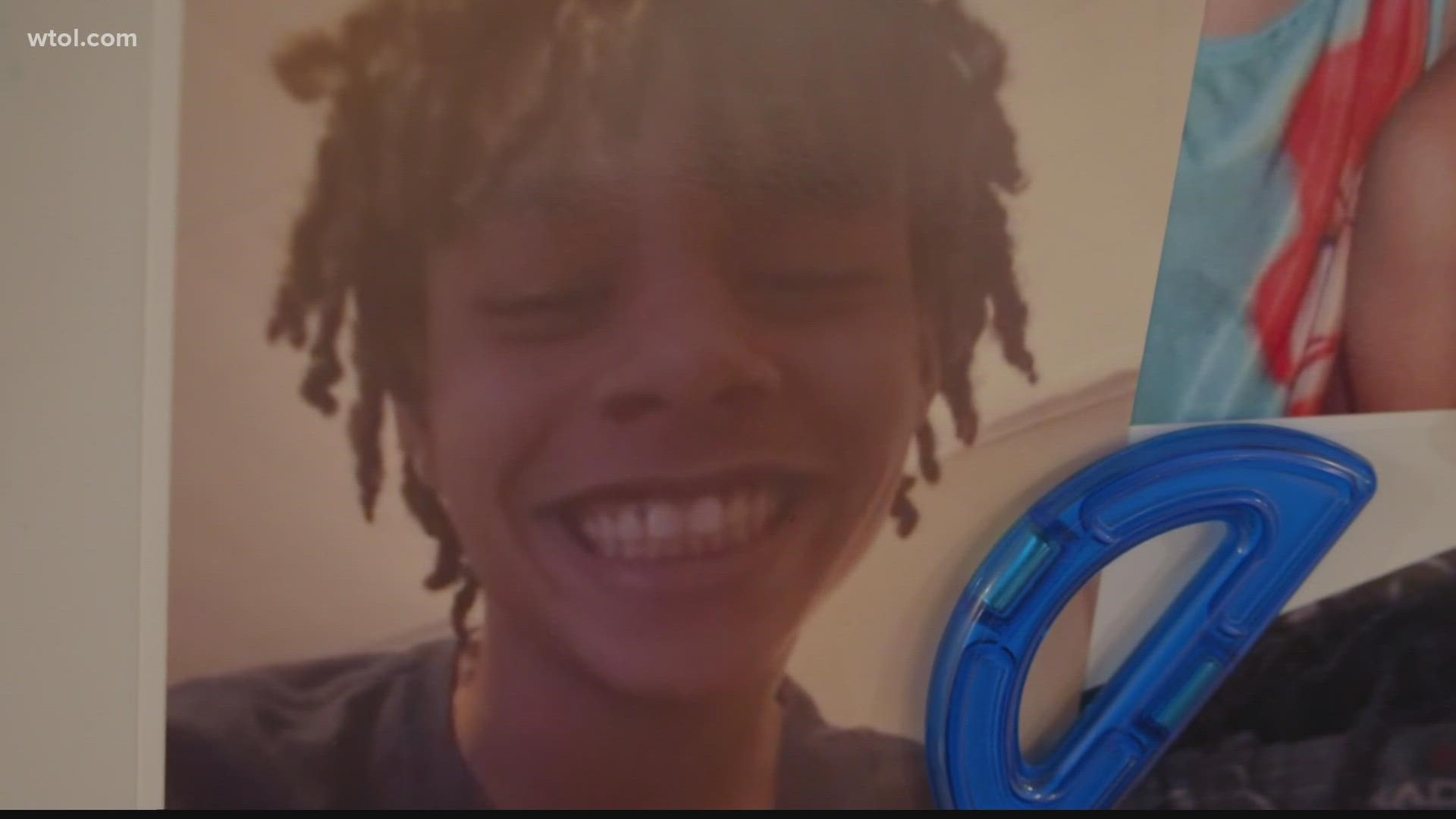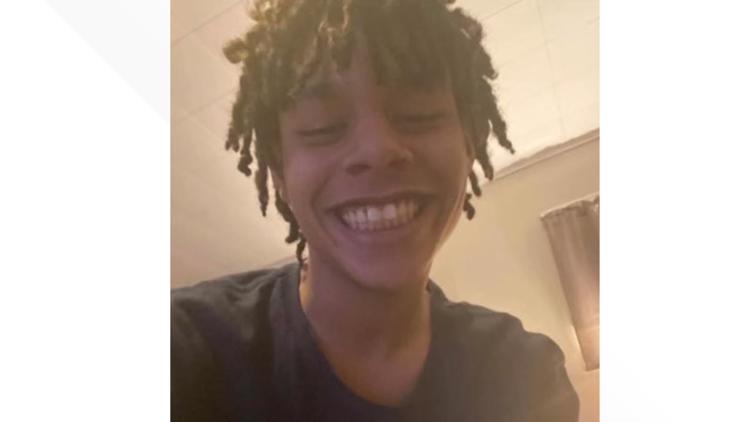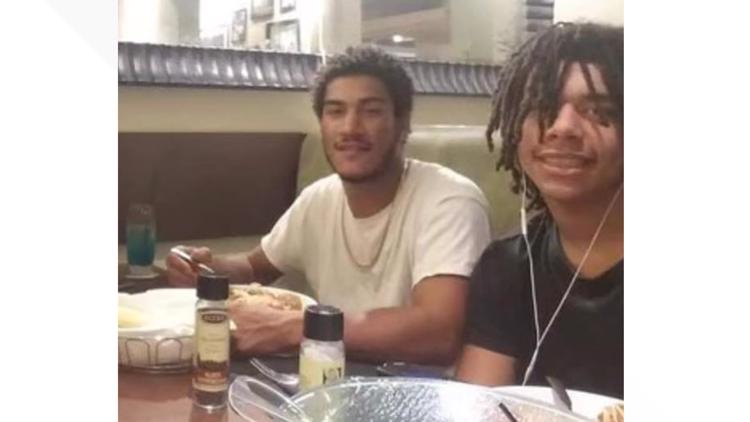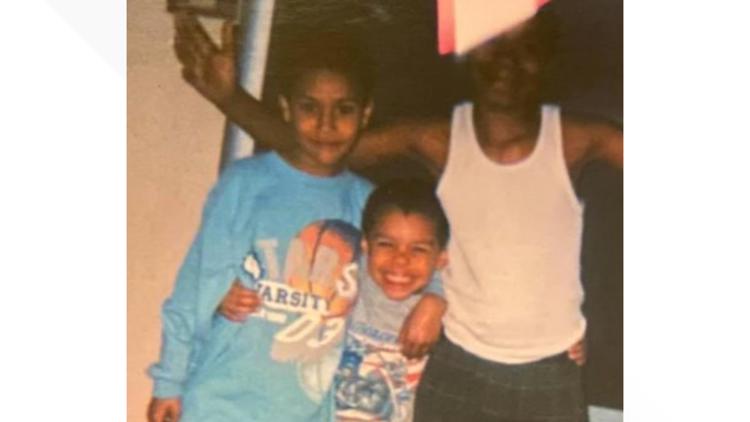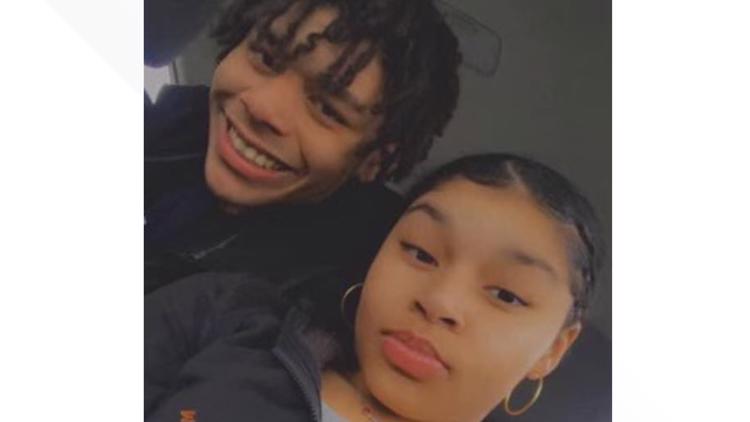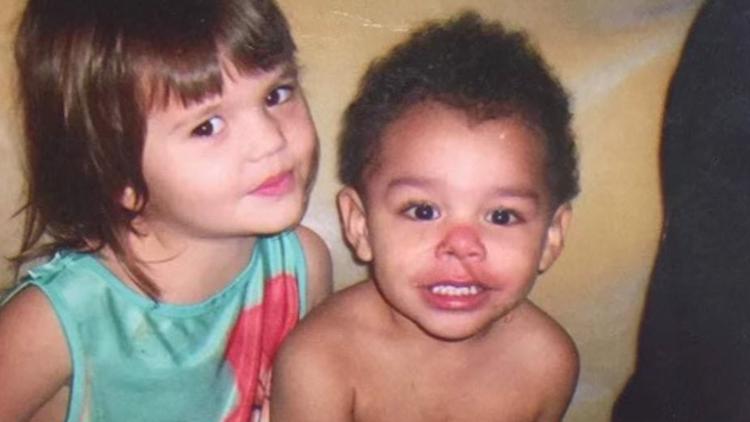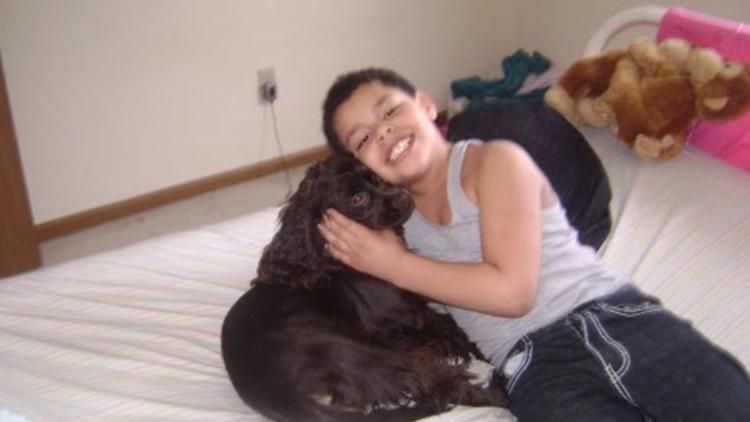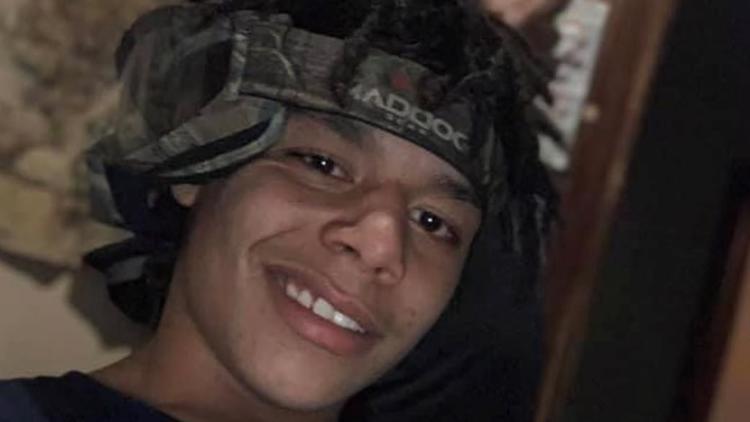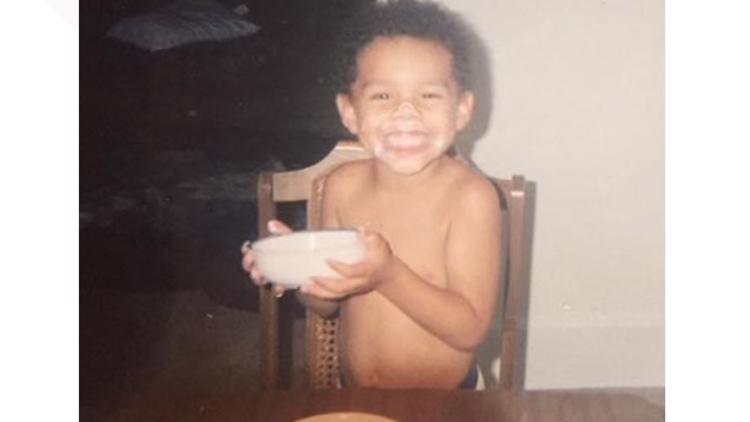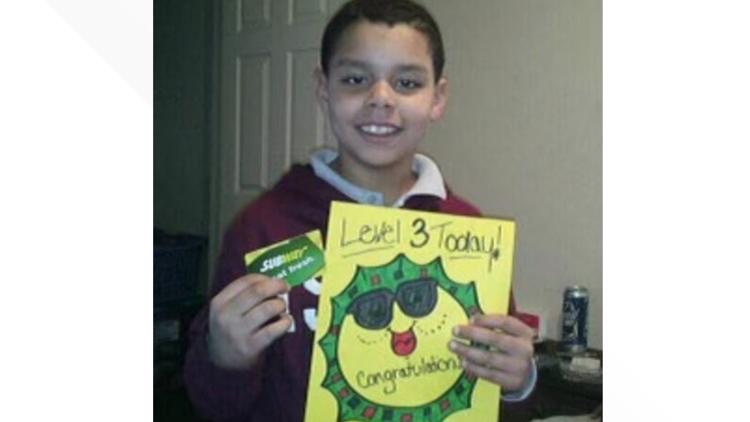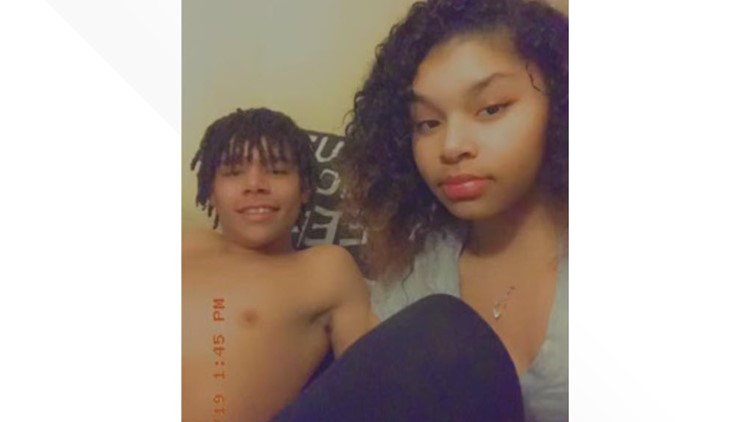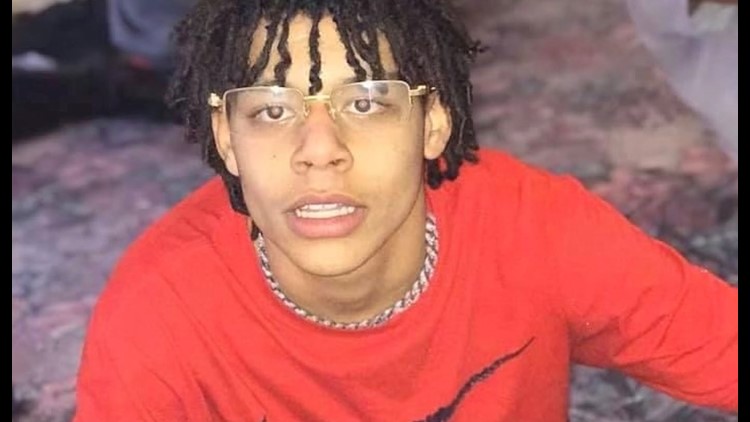SHOTS FIRED: These calls are more than just statistics. The human toll affects families and communities
The hunt for answers to gun violence in Toledo yields no easy answers. And for some families, whatever answers come are too late.
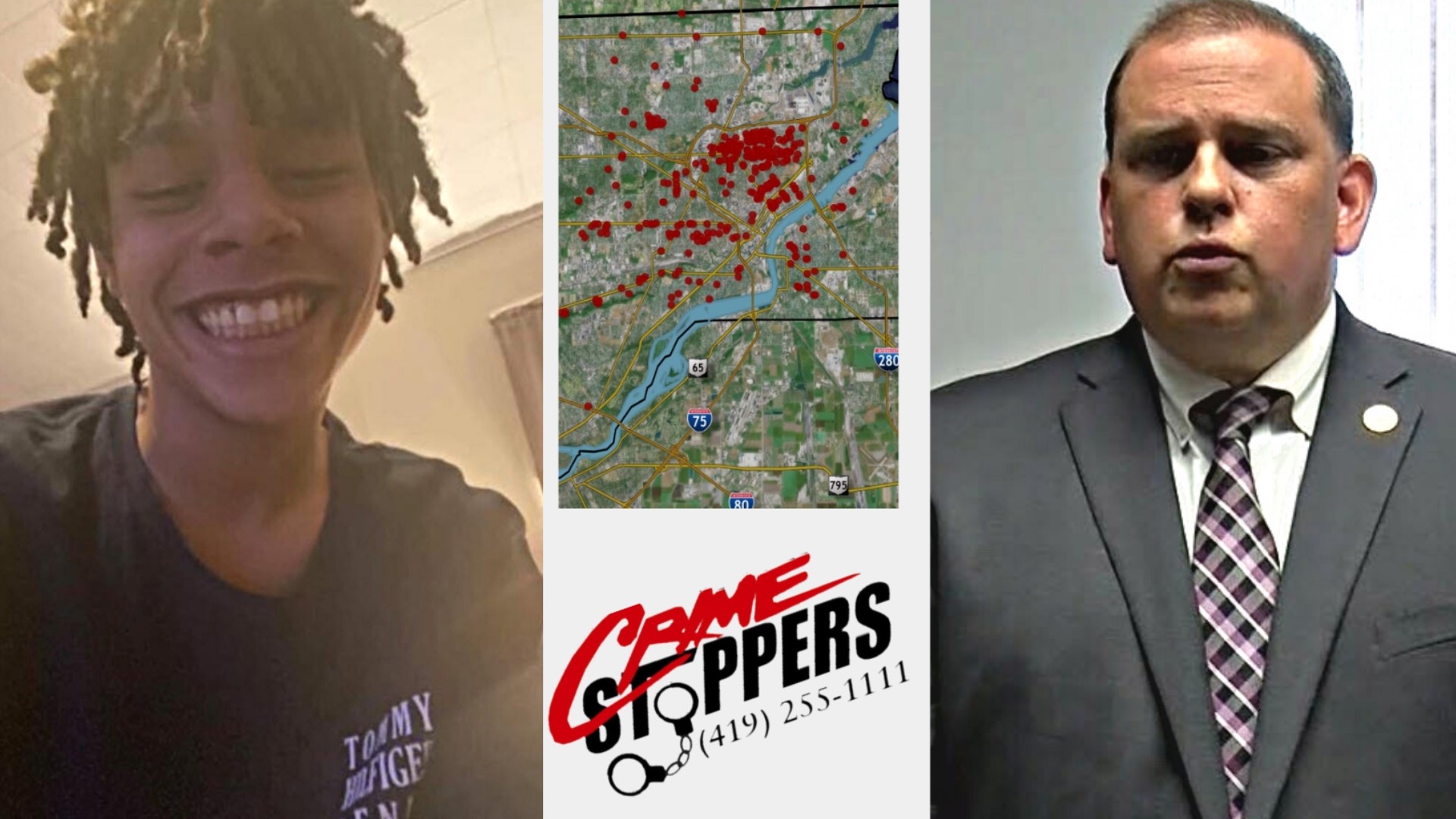
So far, our Shots Fired series brought you a look at the data from Toledo police that pinpoints when and where violence happens the most and examined what tools are being used to track down violent perpetrators.
Today, 11 Investigates' Brian Dugger shows you the human side of who this gun violence ultimately affects. As we dive into this data, we never forget that on the other end of that shots-fired call is are people and families whose lives are altered forever.
An Uneasy Feeling The Hodges Family

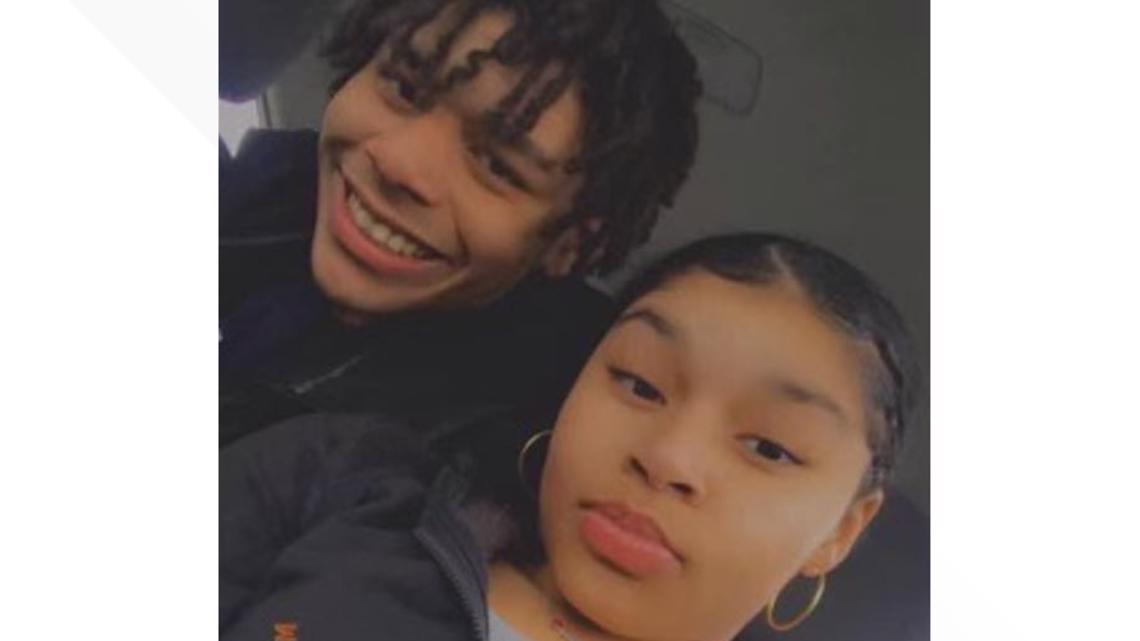
On the evening of March 20, Kyra Hodges was feeling uneasy. It wasn't an unusual feeling. She had felt it many times when she sensed something was wrong with her brother, Kyreese.
She was 17, and he was one year older, but because of Kyreese's learning disabilities, she always assumed the role of an "older sister," and she just didn't feel right.
"I was kind of dozing off and I saw an ambulance and police," Kyra says. "My cousin looked at me and she's like, 'Kyra, what's wrong?' I said, 'I don't know, but let me call my brother.'"
Her call went unanswered. Kyreese, who was visiting his father, had hopped on his dirt bike and headed to the store around 6:30 p.m. Surveillance video shows him stopping to talk with someone near the Weiler Homes. Apparently spooked, he tried to restart his bike, but it didn't happen immediately. A bullet ripped into his back.
He dropped his bike and stumbled into the Rainbow Market on Rogers Street.

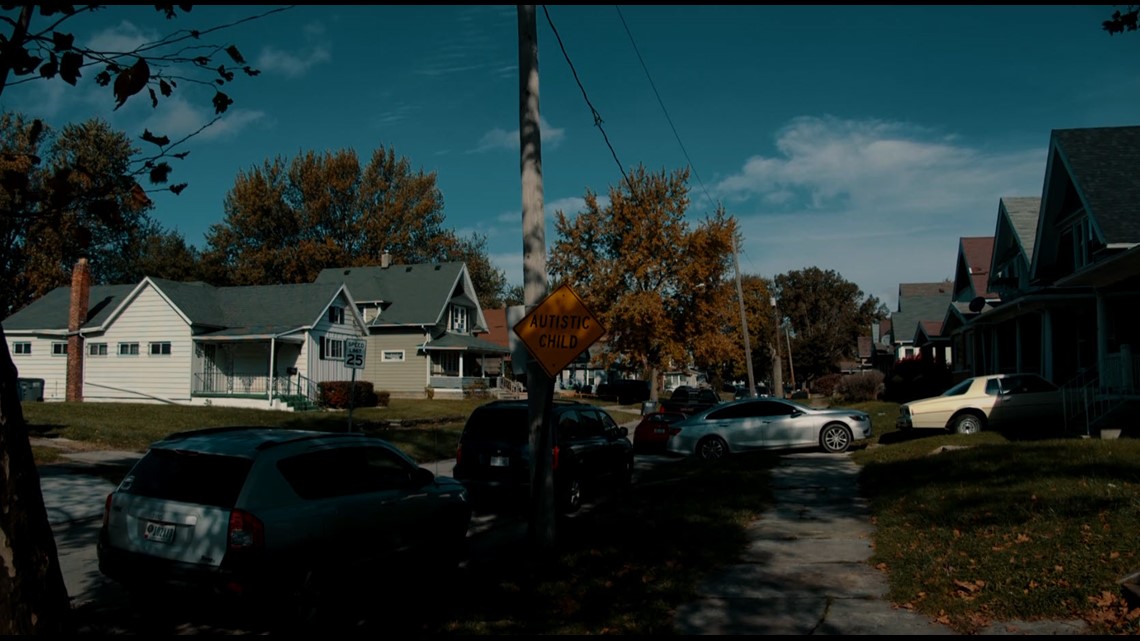
When she saw additional emergency vehicles, Kyra jumped in a car and followed.
"I saw my brother's bike, and then I found my brother. He was laying on the floor. He's got a lot of blood on him. I got out of the car," Kyra says. "I touched his head, and he was looking at me. He was scared."
He would die later that night. His killer has not been found. Kyreese Hodges is one of more than 60 people killed in Toledo in 2021.
A Gang Problem? Violence is not so easily reduced

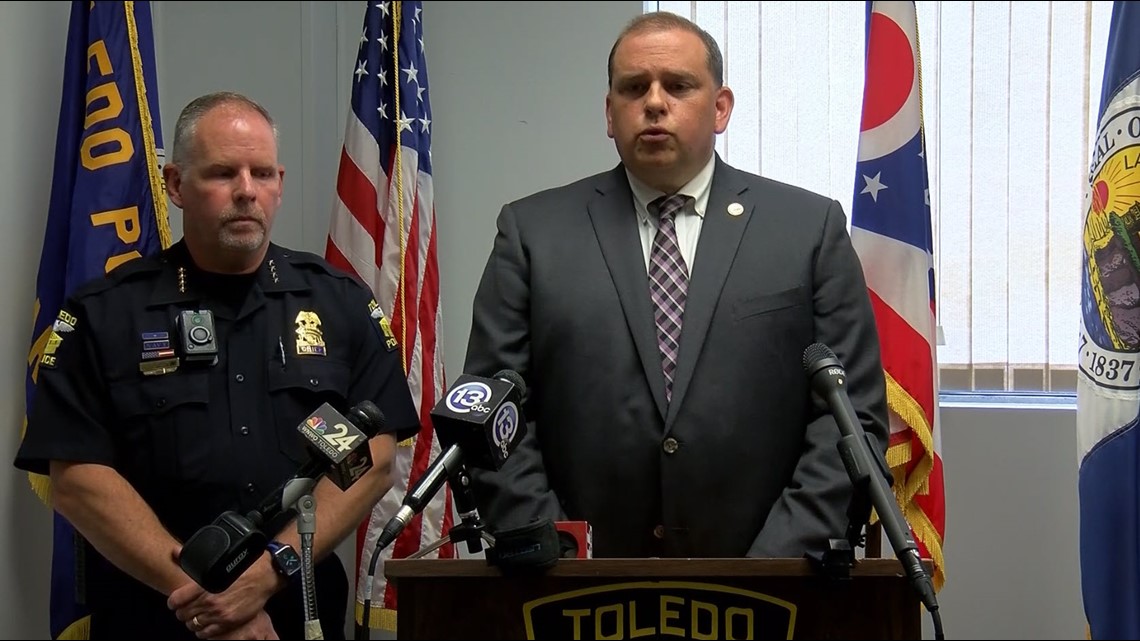
Four months after Kyreese's death, Toledo Mayor Wade Kapszukiewicz held a news conference to discuss recent shootings in the city.
"What we are seeing in the city of Toledo is a gang problem," he said.
He later added: "The average Toledoan who plays by the rules and is simply trying to raise his kids, go to work, pay his bills, take his kid to soccer practice, that citizen is so mathematically unlikely to be a victim of what we're talking about that it is irresponsible to think about it any other way."
But the implication that the violence within the city only affects people involved in bad activities is simply not true.
On July 28, Stormy Clere, 28, was shot multiple times and killed downtown while walking to an Uber with his fiancee after an altercation in a parking lot.
On Nov. 7, Laura Luckey and Natasha Carlisle became the city's 59th and 60th homicide victims of 2021 - victims of a shooting in the Junction Neighborhood. There is no indication that the shooting was tied to any type of gang or illegal activity.
Just days before that shooting, Kapszukiewicz talked to 11 Investigates. He had no idea that a success story that he proudly touted was about to suffer a tragic setback.
"I will say this, our violence interrupters began their work around Labor Day 2021. Their work has exclusively targeted the Junction neighborhood of Toledo," Kapszukiewicz said. "We should point out that since the violence interrupters began their work, there has not been a single homicide in the targeted neighborhood."

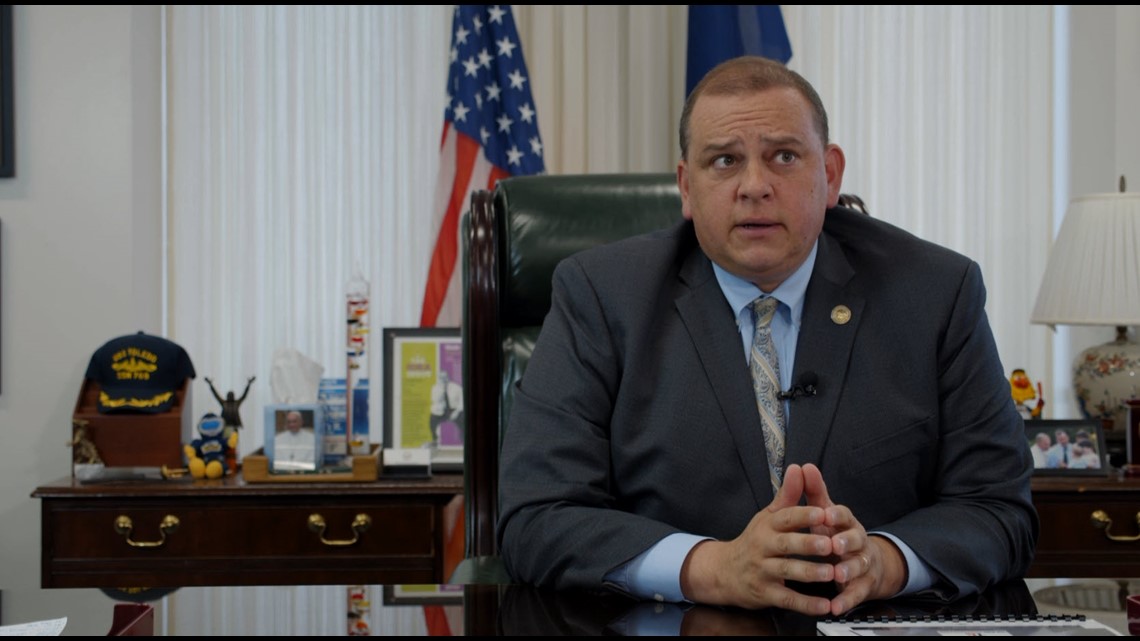
Luckey and Carlisle were gunned down yards away from a neighborhood memorial to other local victims of violence.
According to Kyreese's family, the teen also had no connections to gangs and spent time uplifting family, friends, and even strangers with his smile and positive spirit. It wasn't a surprise that he would stop to chat with someone on his way to the store on the night he died.
But, he was not a member of a gang or involved in wrongdoing, his mother, Nicole Quate, says.
"It's just crap. It's just crap. It's just an excuse."

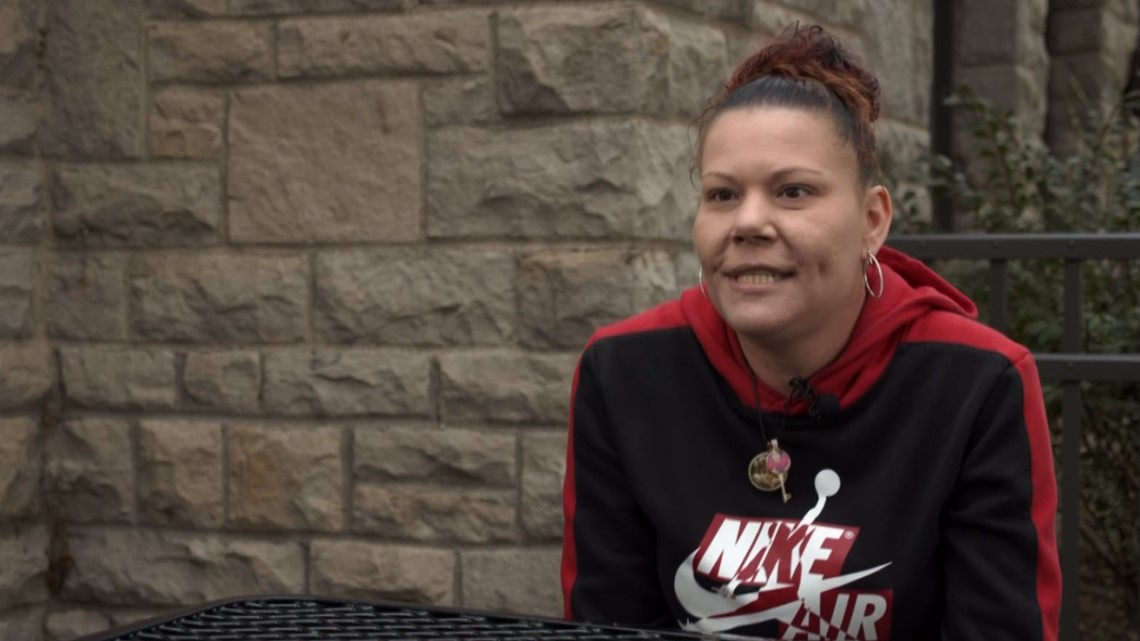
The Data Toledo's Most Violent Year

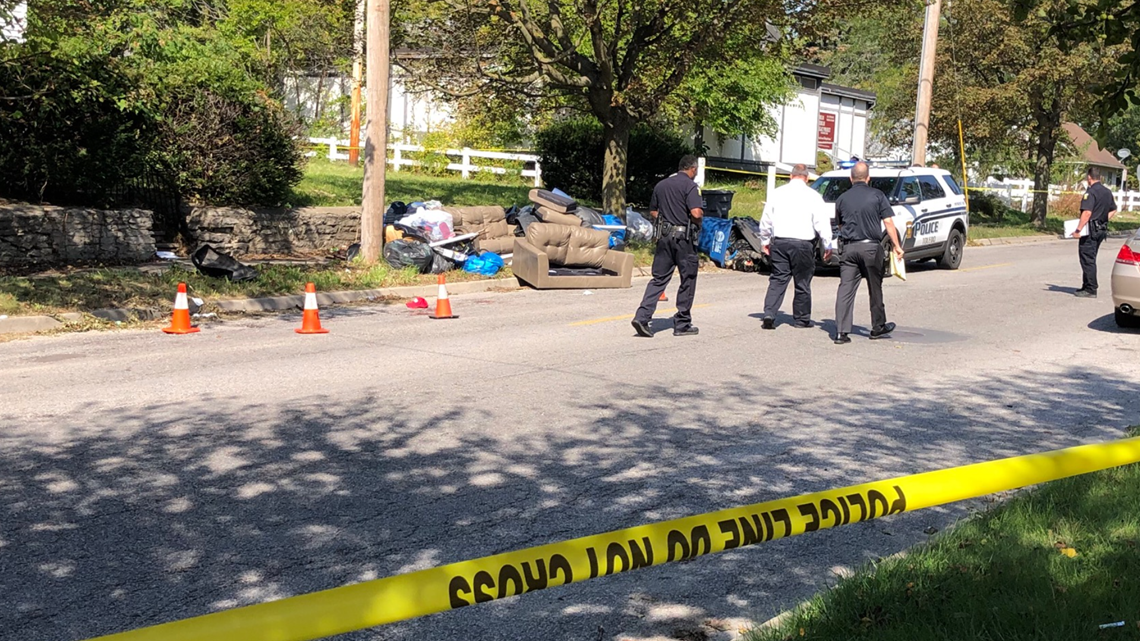
This year will be the most violent year in Toledo history. On Sunday, Javonti McCray, 19, was found with at least one gunshot wound and unresponsive in the parking lot of his apartment complex off Holland-Sylvania Road north of Airport Highway.
Then, Thursday afternoon and mere hours before this report aired, 30-year-old Dominique Davis was killed in east Toledo. Davis marks the 61st homicide in the city of Toledo in 2021 according to statistics kept by WTOL 11.
Toledo police data show there are 62 homicides so far this year; one of the deaths that TPD counts was of a person who died in 2020 and the death was ruled a homicide in 2021.
Toledo is not alone in experiencing a surge in violence. FBI data show that homicides increased in the United States by 30 percent in 2020. And the numbers are likely to be even higher this year.
In the summer, 11 Investigates reached out to the Toledo Police Department and asked for a record of all department responses to shots fired calls between Jan. 1, 2021, and Aug. 31, 2021. There were more than 1,500 calls during that time period. It doesn't mean that there were actually 1,500 gunshots. In some cases, Shotspotter mistakenly identified cars backfiring as a gunshot. Firecrackers could also trigger a false alarm. In other cases, multiple callers reached out to police about the same gunfire.
RELATED: SHOTS FIRED: What tools are in place to help solve crimes in Toledo - and are they working?
But the map establishes some trends that show the breadth of the problem and highlights problem areas.
There were 1,516 calls and 512 of those calls - about one in three - occurred between the hours of midnight and 4 a.m. The majority of shots-fired calls were reported on Saturdays and Sundays. Just over 20 percent - 310 calls -showed up on Saturdays.
Another 288 came on Sundays, which means nearly 40 percent of all shots fired calls in Toledo happen on weekends.

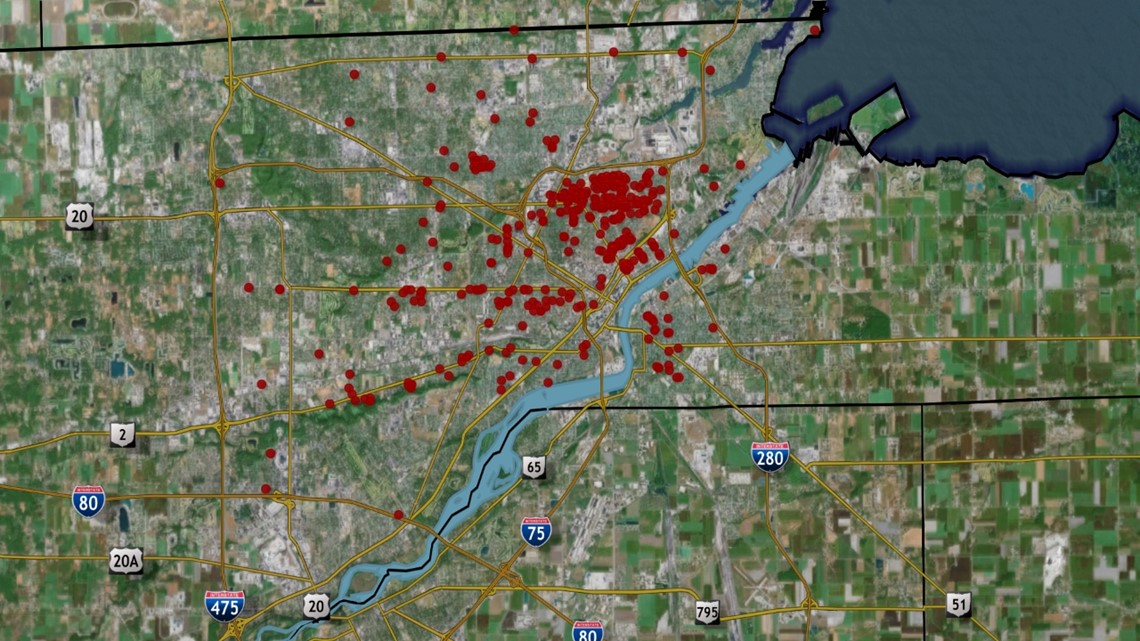
When we plotted the calls on a map, they were spread out around the city, but there were some neighborhoods that appeared more often than others. One neighborhood, right by the Mott Branch Library, has three roads that are near the top of the list for shots fired calls:
- Fernwood Avenue with 13
- Pinewood Avenue with 14
- Norwood Avenue with 15.
Streicher Street, which is bisected by Lagrange Street on the west side near Central Avenue, is at 22 calls.
Walnut Street, near Greenbelt Place Apartments in central Toledo, is at 16.
"Toledo does have a gun violence problem. So does virtually every big city in the country," Kapszukiewicz told 11 Investigates during a 30-minute interview in his office. "It is a real problem, and we have adopted both short-term and long-term strategies. I know this, if there were a simple solution, then some police chief, or some mayor, somewhere in this country would have enacted that foolproof strategy."
The Hunt for Answers No Easy Solutions

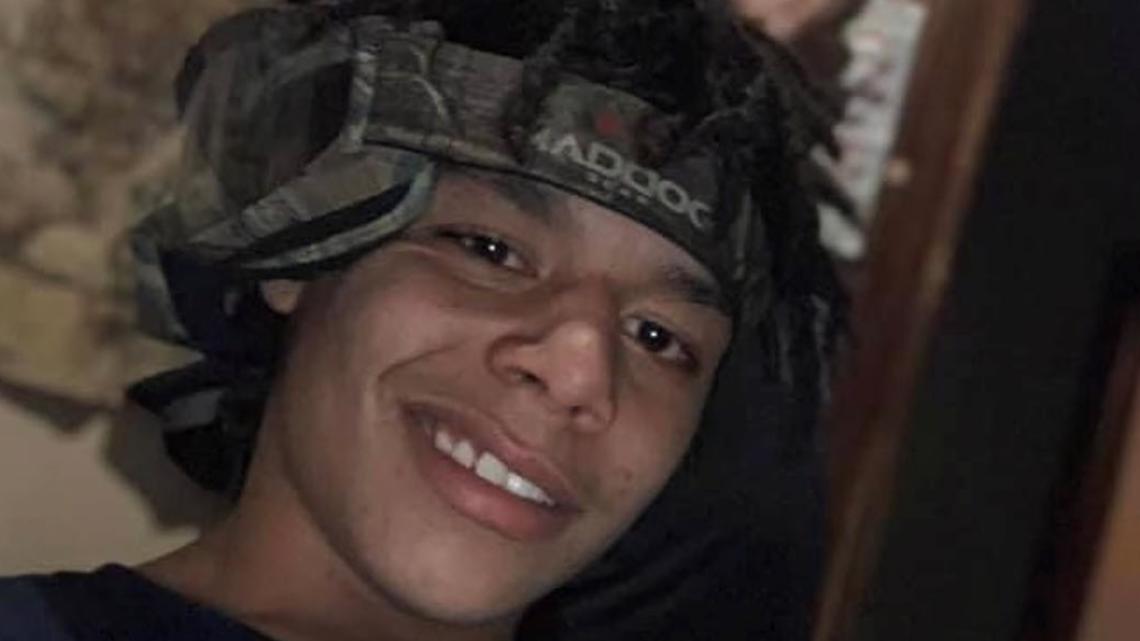
When told that Kyreese's family was upset by his July pronouncement that Toledo's violence was almost all gang-related, Mayor Kapszukiewicz admitted that he may have chosen his words poorly. It is not all gang-related. But he said the data clearly show that the violence is not typically strangers against strangers.
"We're not talking about Clint Eastwood riding his horse down the middle of some western town, shooting at random," he says. "We're not talking about carjackings. We're not talking about bank robberies. What's really happening in our communities is that there are individuals who know each other, settling their differences with guns."
Kyra Hodges says there is another problem in some of Toledo's most violent neighborhoods.
"It could just be something like somebody has something the other person doesn't have. If somebody sees somebody doing better, like a little kid, they just want it," she says.

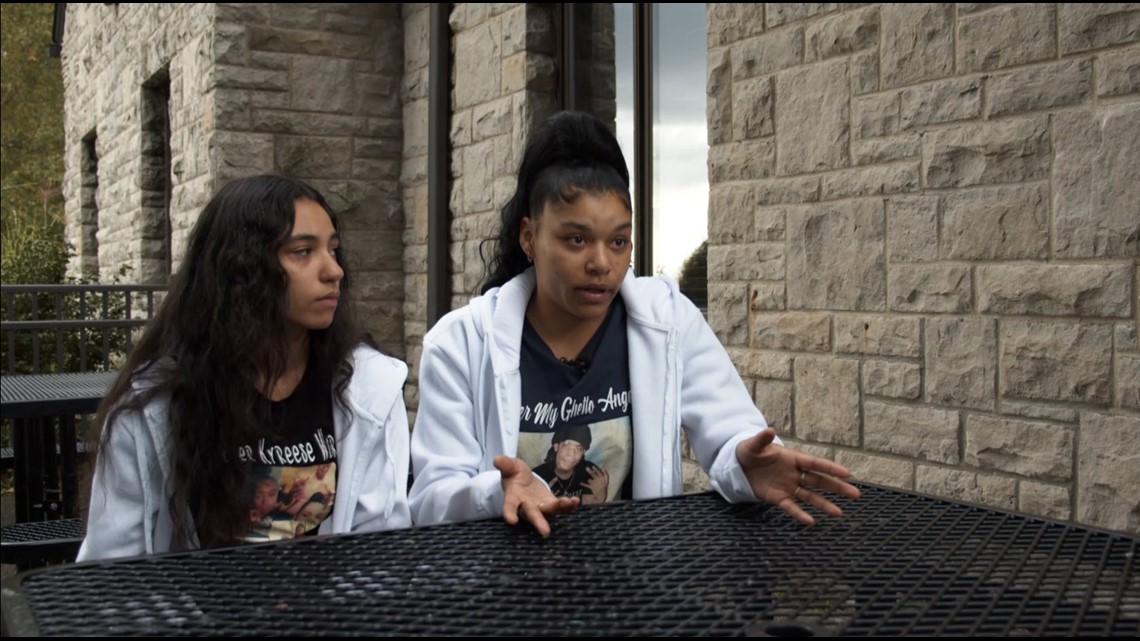
One of the mayor's strategies is to increase the number of "violence interrupters," teams that will go into problematic neighborhoods and engage with high-risk individuals to cut off.
The strategy has been used with success in Chicago. Similar programs have been tried successfully in Oakland. Baltimore is using the idea in an attempt to cut down the 300 annual murders it has now seen for several years.
Toledo is also beefing up its police force. It will add dozens of officers during the remainder of this year and throughout 2022. Some of those officers will be added to the gang task force, and maybe others will give Police Chief George Kral the flexibility to increase patrols in problem areas and during problem times - data laid out in our shots-fired map.
There is not an easy solution, and it won't be a solution that will be put in place overnight.
"Part of it is the fact that there are now more guns in America than there are human beings. Part of it is the fact that the pandemic has created an anxiety and a social detachment that wasn't there before - to say nothing of creating economic hardships that weren't there before," Kapszukiewicz says.
"Some of it does have to do with mental issues that are undiagnosed or untreated. Some of it does have to do with police resources being deployed incorrectly."
Solution Too Late for Some Mourning Their Loss

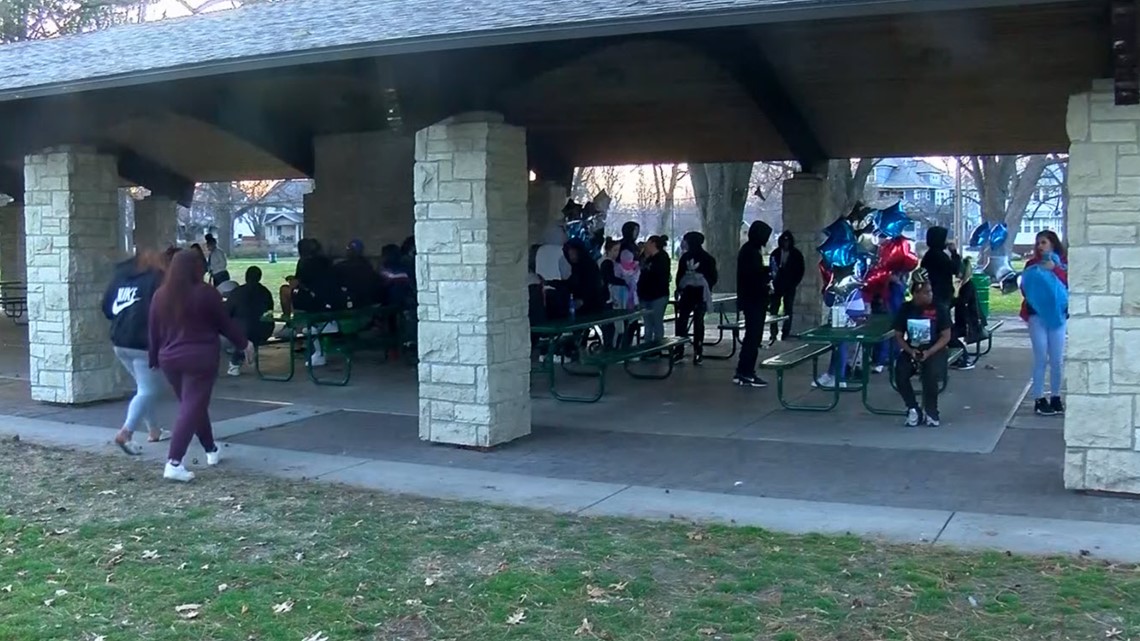
Several members of Kyreese Hodges' family gathered around a picnic table in a Toledo park recently. There were plenty of stories to tell.
"He was a really good kid. He had that smile that would just light up the whole room. He could on your worst day make you laugh. He was just such a, such a fun kid," his mother says.
Thinking back to that March day that she tried to comfort her scared brother, Kyra breaks into tears.
"How would it feel if somebody took somebody else's kid away from somebody? Somebody else's brother, somebody else's nephew? People don't think like that when they're harming people. They don't know what they did to my family. They don't know what they did to me."

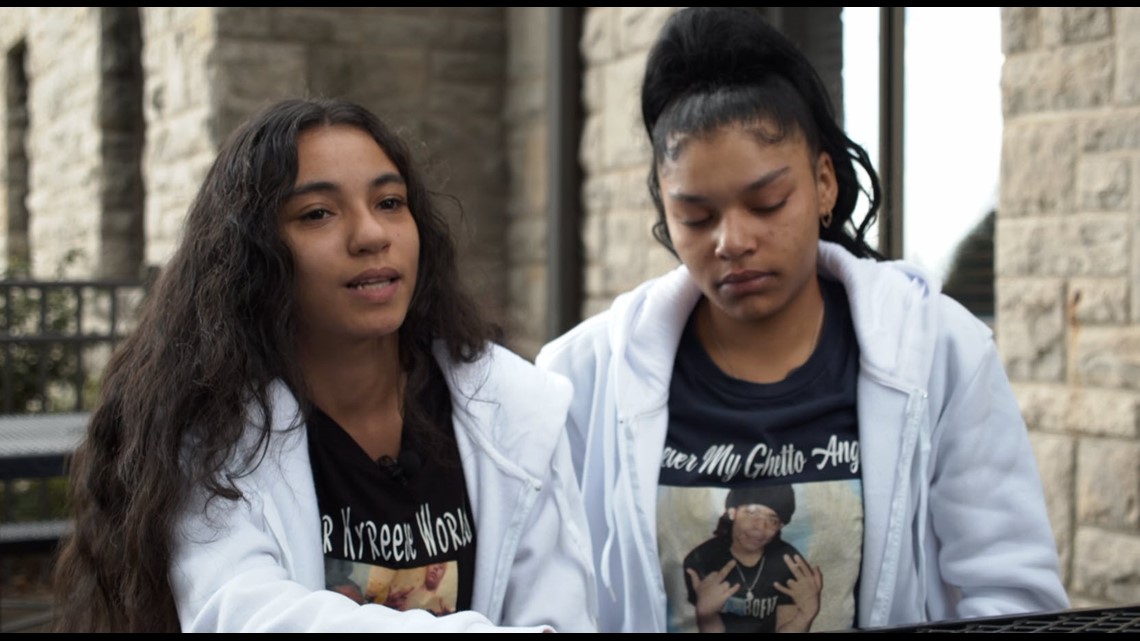
As she speaks, her older sister, Markayla comforts her. Many family members are wearing shirts memorializing Kyreese.
Asked what she will remember about Kyreese, Markayla's eyes seemingly go to a far-away place as a memory crystalizes in her mind. She grins.
"His smile and everything. He always used to mess with me and say, 'Are you going to always love me?'" she says. "I'm always going to love him."
If you have any information about the murder of Kyreese Hodges, call Crime Stoppers at 419-255-1111. A reward is available and you can remain anonymous.


